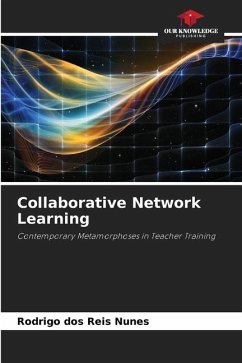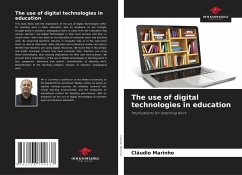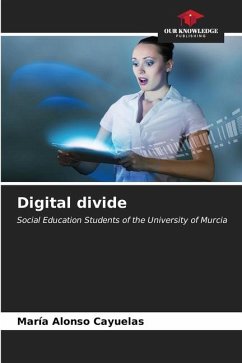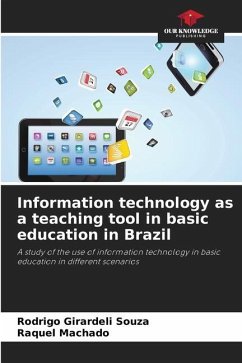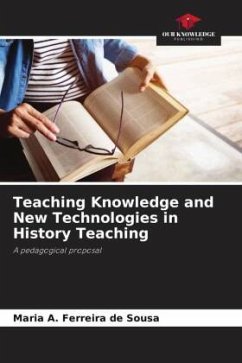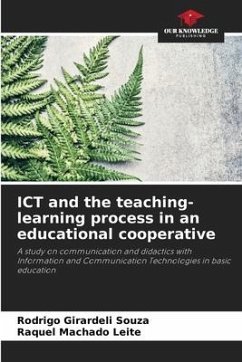
Digital Technologies and Teaching Work
Relationships and Paradoxes
Versandkostenfrei!
Versandfertig in 6-10 Tagen
36,99 €
inkl. MwSt.

PAYBACK Punkte
18 °P sammeln!
With the advance of digital information and communication technologies (DICT), education and teaching work have been reconfigured. This has led to new situations that represent a constant challenge for teachers' professional performance. This implies changes in the way teachers learn, teach and relate to each other. With this in mind, this quantitative-qualitative study seeks to answer the following question: What implications and paradoxes does the use of digital technologies in the teaching-learning process bring to teachers' work, both inside and outside the classroom? It is guided by the h...
With the advance of digital information and communication technologies (DICT), education and teaching work have been reconfigured. This has led to new situations that represent a constant challenge for teachers' professional performance. This implies changes in the way teachers learn, teach and relate to each other. With this in mind, this quantitative-qualitative study seeks to answer the following question: What implications and paradoxes does the use of digital technologies in the teaching-learning process bring to teachers' work, both inside and outside the classroom? It is guided by the hypothesis that digital technologies alone do not contribute to the teaching-learning process, even though they directly affect teaching work, since their effectiveness is conditioned by the professional training of teachers, the context of their applicability and the expectations and demands of society in relation to their use. The general aim of this study is therefore to analyse the implications and challenges related to the inclusion of digital technologies in teaching work.






